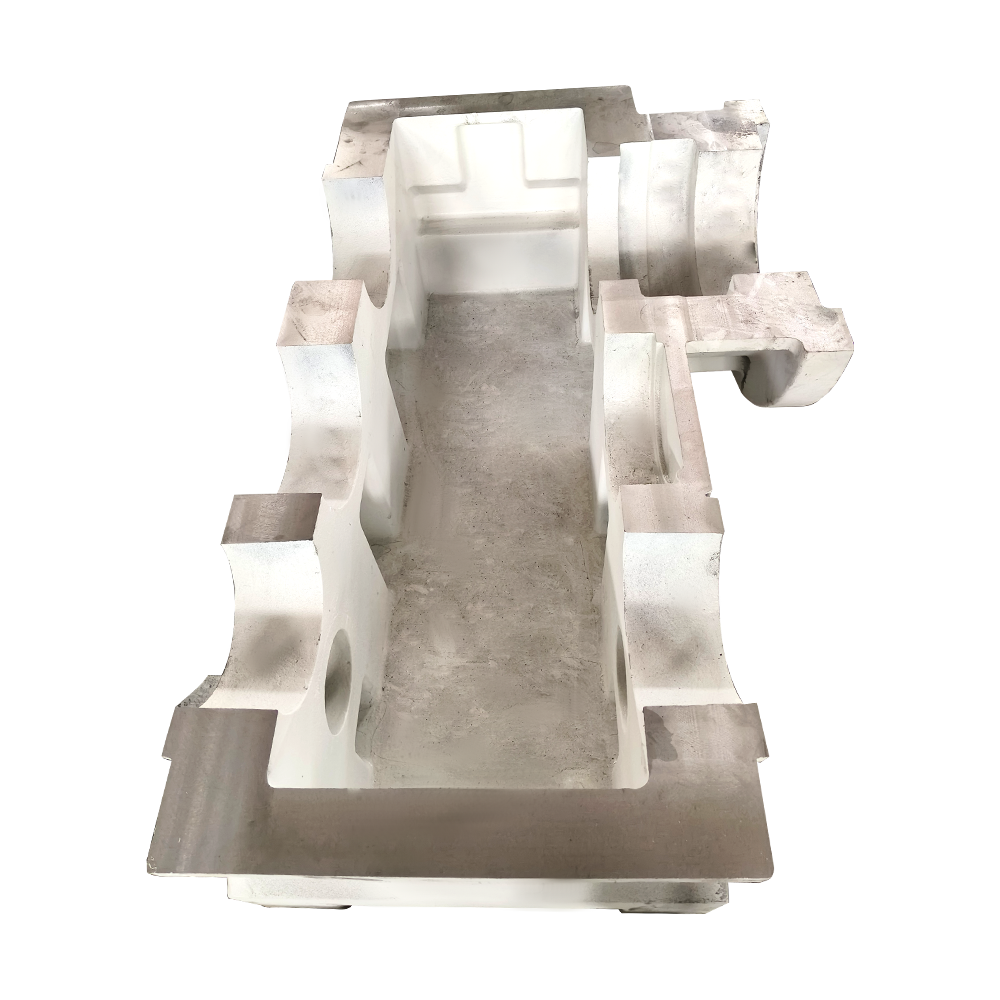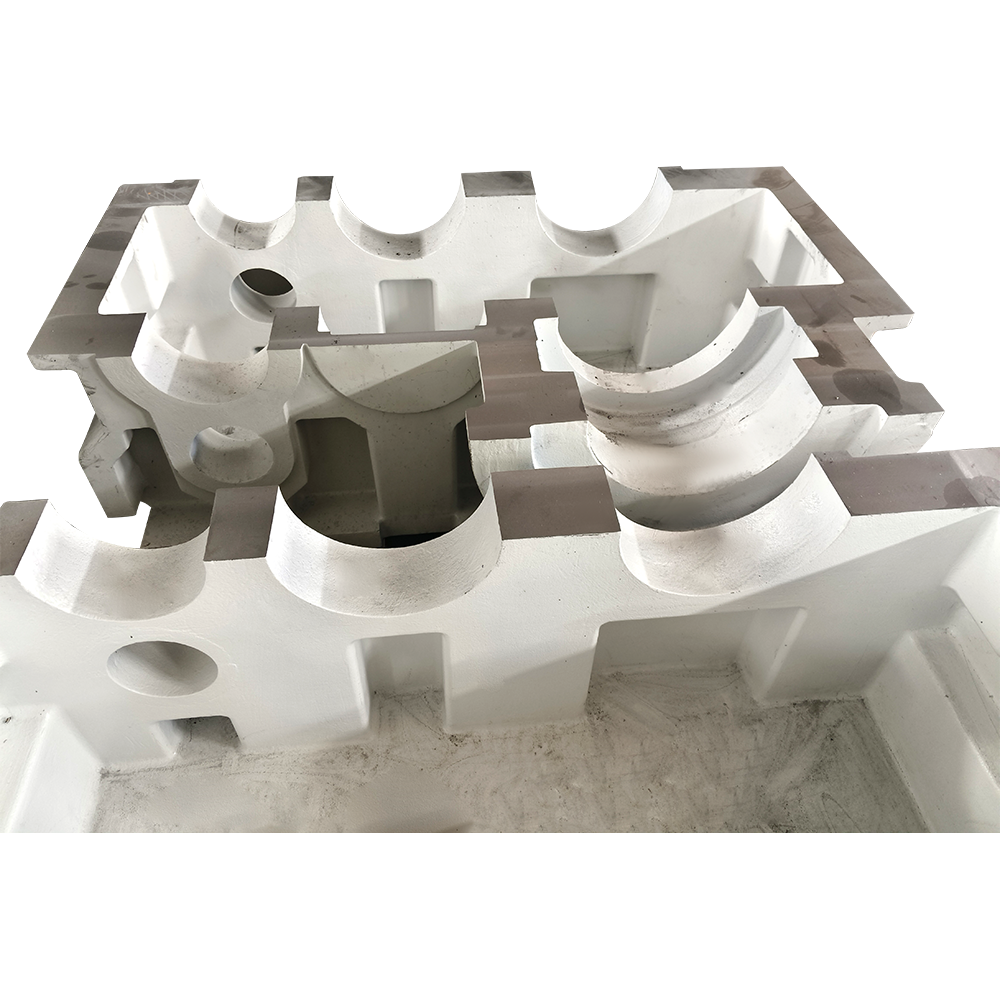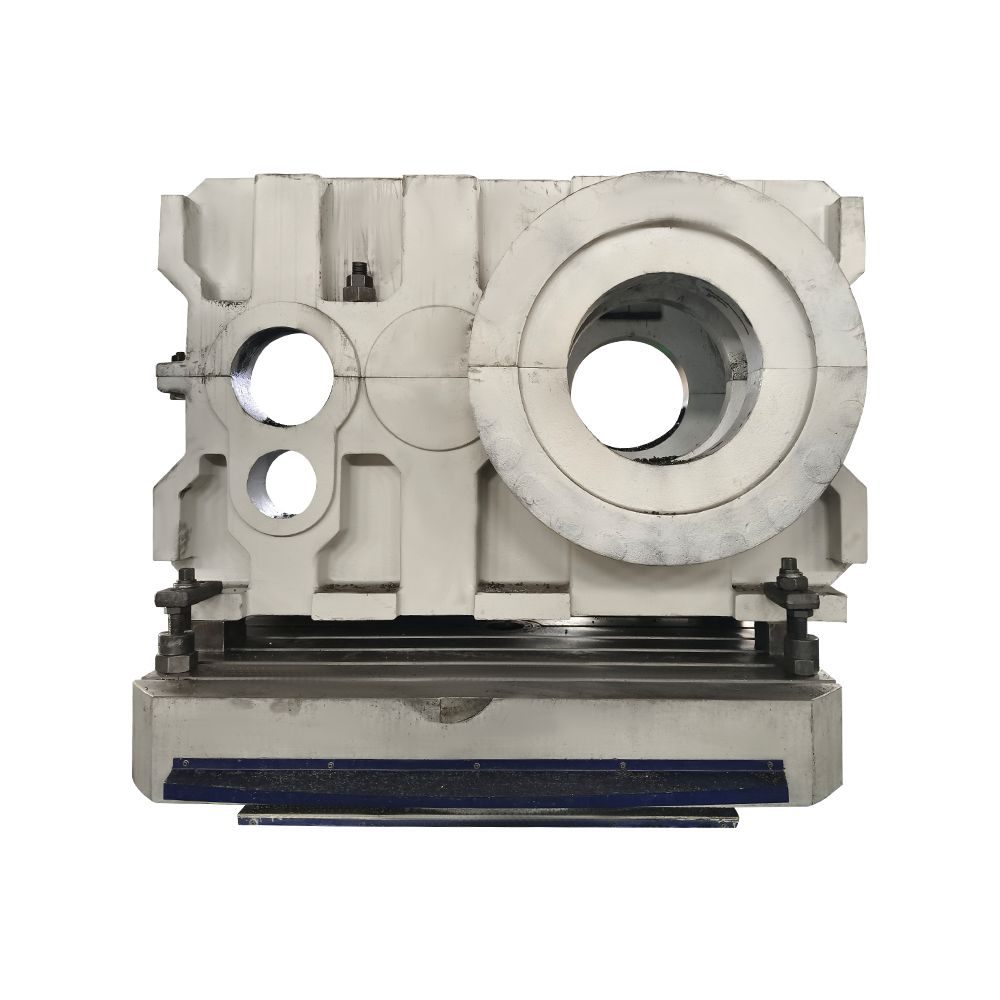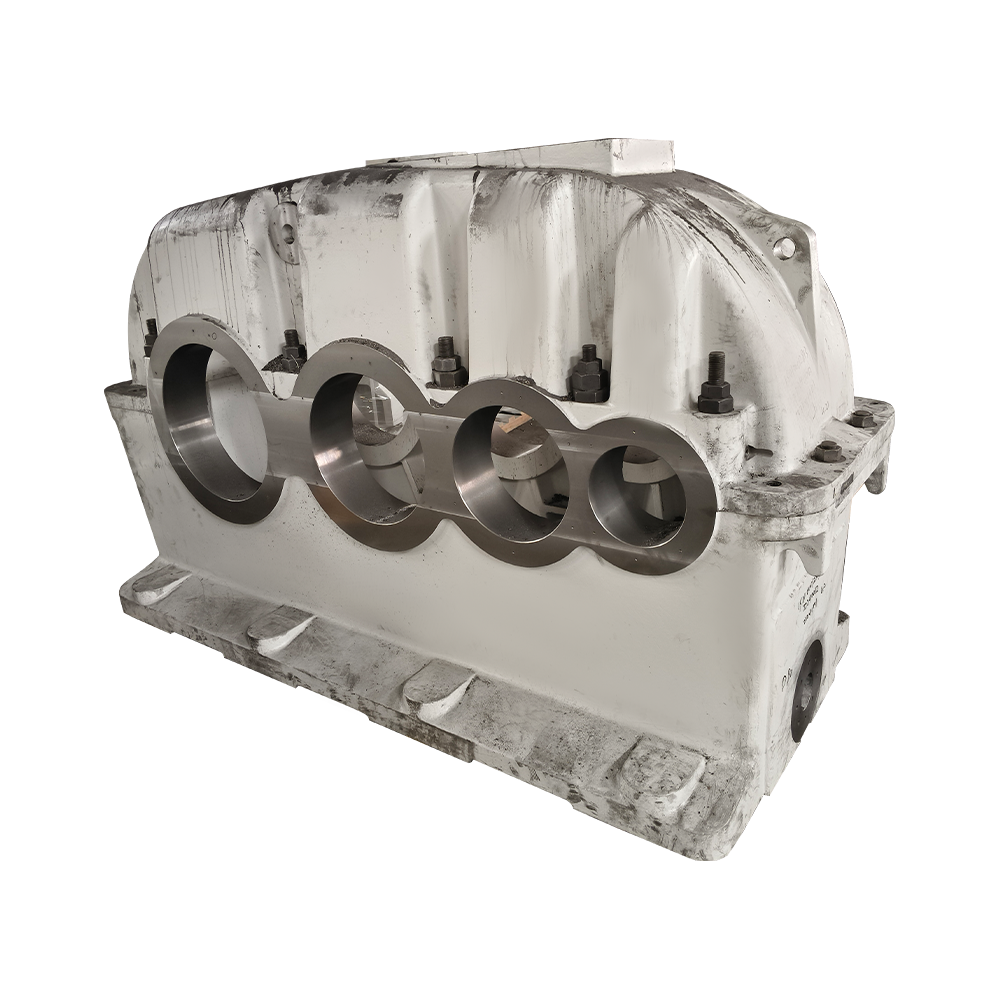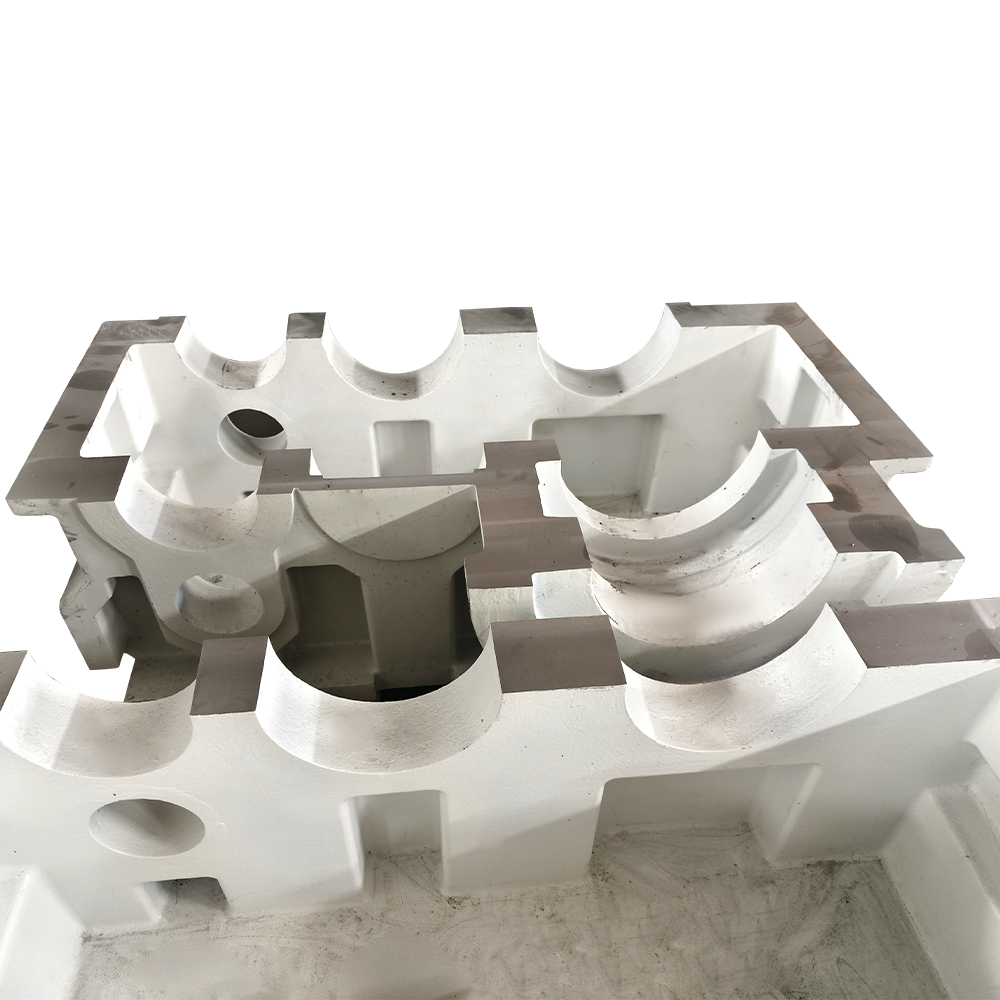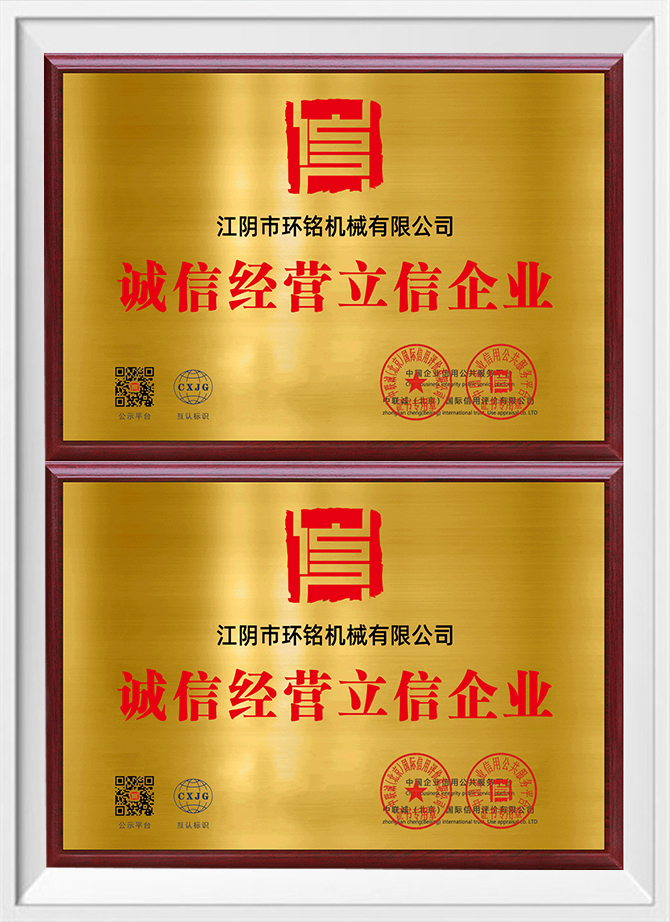Jiangyin Huanming Machinery Co., Ltd.
Jiangyin Huanming Machinery Co., Ltd. is located in Jiangyin City, a beautiful and prosperous water town known for its outstanding location, fresh and elegant surroundings, and easy transportation.
As a professional core supplier of large components, our products include oil well blowout preventers,
centrifuge drums, gearbox, large compressor cylinders, machine tool chucks, universal bearing
seats, racks, couplings, wind power gearboxes, planetary frames, etc. Our products are suitable
not only for metallurgical equipment, transmission equipment, new energy equipment, mining equipment,
machine tools, but also for the production and manufacturing of high-precision products such
as forgings, castings, and welded parts.
Our company's equipment includes horizontal machining centers, gantry machining centers, CNC boring
machines, high-speed CNC vertical lathes, vertical turning and milling composite equipment, etc.
The accuracy of the machine tools reaches 8 μm, and the precision requirements of the product
can be fully guaranteed, including machining, boring and milling, drilling, and simple assembly
work. We are China customCylinder Block Casting Suppliers and OEM Casting Pump Body Manufacturers, At the same time, our factory also has trained full-time inspectors who regularly calibrate
measuring instruments, including magnetic detector and Ultrasonic detectors, hardness testing
machine, Surface Roughmeter, and a set of Japanese Sanfeng micrometers, vernier calipers, and
other measuring tools.
The company has established good relationships with DANIELI, KOBELCO, ANDRITZ, and ROSS. Through
cooperation with numerous well-known enterprises, we have gained experience and progress, and
acquired experienced professional management and technical personnel. Over the years, precision-processed
products and normal delivery have enabled our business to operate well and enjoy a high reputation
among users. At the same time, we have attracted more customers and knowledgeable people to work
with us.
In the future, we will adhere to market-oriented development and quality-oriented development, continuously
improve our corporate philosophy, and commit to the concept of mutual benefit and win-win situation.





 English
English 中文简体
中文简体 русский
русский 日本語
日本語 Español
Español